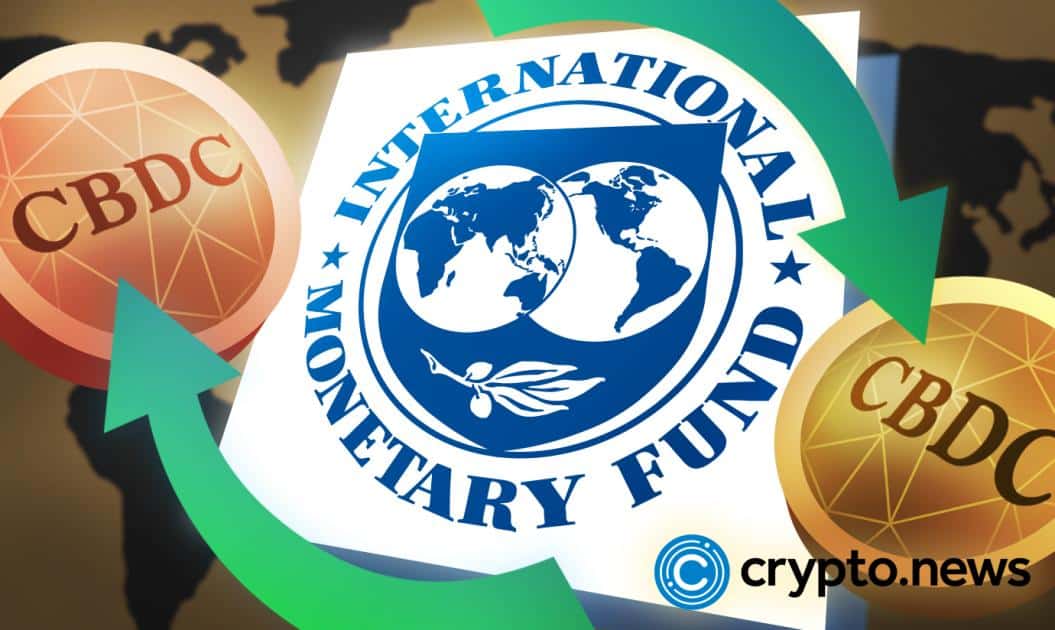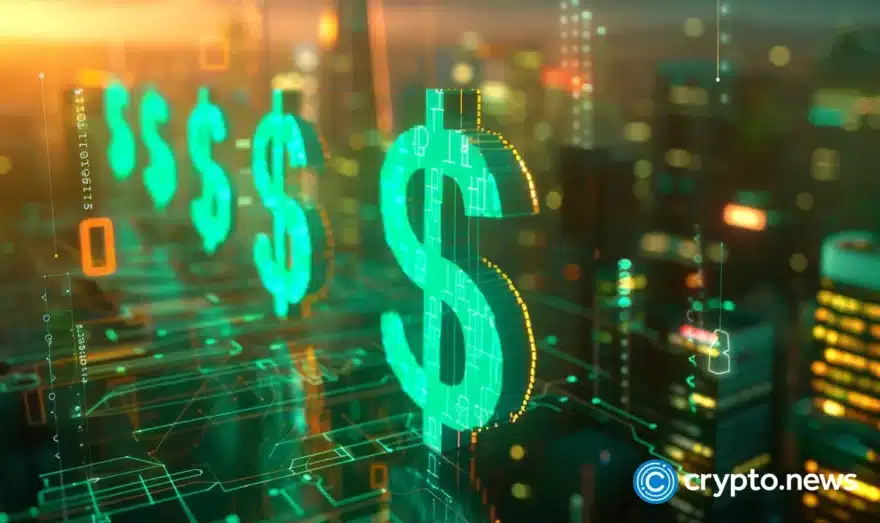IMF Seeks to Develop a Platform for International CBDC Transactions

The Monetary and Capital Markets Department of the IMF’s director and division chief will soon release a document outlining a design for a platform to assist CBDC clearing and settlement transactions between various countries.
How New Platforms and Tokens Might Enter Central Banks
There is no widely used network or asset to settle transactions. And building trust networks across borders is far more challenging. The lack of information across borders and the difficulty of pursuing legal action only serves to exacerbate the situation. The price of building trust is comparable.
The frustration of transferring money abroad has been felt by all of us. It demands time. It costs a lot. It is difficult. And for some, it’s awkward since our friends who know we’re economists frequently enquire about what goes on behind the scenes when in reality, we have no idea. Everything is disorganized.
Due to the expense of building and maintaining confidence and the dangers involved in granting a bilateral loan to another bank, banks are reluctant to shake numerous hands.
Few banks are able to afford these costs while still making money. Thus, the market for correspondent banking is dominated by a small number of extremely large institutions with solid bilateral ties. Our payments are expensive, slow, and mysterious, which is not surprising.
Changes to Anticipate
As money becomes tokenized—that is, transferable to anybody with access to the same network and available to everyone with the correct private key—things could change.
For instance, Nigeria and The Bahamas have already launched the use of tokenization, and other nations are actively evaluating it.
The necessity for two-way, trustworthy interactions is eliminated by tokenized money, which brings a fundamental change. Even when they have no direct connection to the issuer, anyone can own a token.
How the Changes May Improve Effectiveness
First, There is less risk. Processing a payment does not need the relevant bank to grant another bank unsecured credit. The bank will get a tokenized deposit from the receiving bank—a physical form of money—that can be sold on or even redeemed for tangible assets like government bonds. Trust will no longer be necessary.
Secondly, in contrast to an unsecured IOU, a bank will keep a liquid asset that it can quickly sell, trade, or hedge.
Thirdly, it can make the correspondent banks more competitive and also boosts service quality, speed, and lower costs. Any bank or financial institution that has a wallet compatible with it can accept payments from one bank and send payments to another bank.
A Web-based Platform
Coordinated handshakes are required. And the digital platform will have a role in this. The platform will disseminate orders for on-site payments, gather bids from users for correspondent banking services, and watch over punctual payments.
The platform concept develops further. And this might offer settlement services—the handshakes that transfer money from one owner to another—instead of just coordinating payments (providing clearing services, in industry parlance).
This also might have a huge impact. The platform’s ledger might be used to create “smart contracts,” which are essentially transactions that can be programmed. Auctions can be created to promote the use of expensive and frequently avoided currencies in international transactions.
There are countless options. And that is exactly the point— by creating smart contracts, the private sector would be able to expand the platform’s uses. By utilizing a common settlement platform and a common programming language to create interoperable smart contracts.
In the end, the platform would be close to public-private cooperation. Finding the appropriate governance structures and organizing enough central banks to make this happen will be difficult. With almost universal membership, the IMF is an ideal venue to look into these possibilities.















